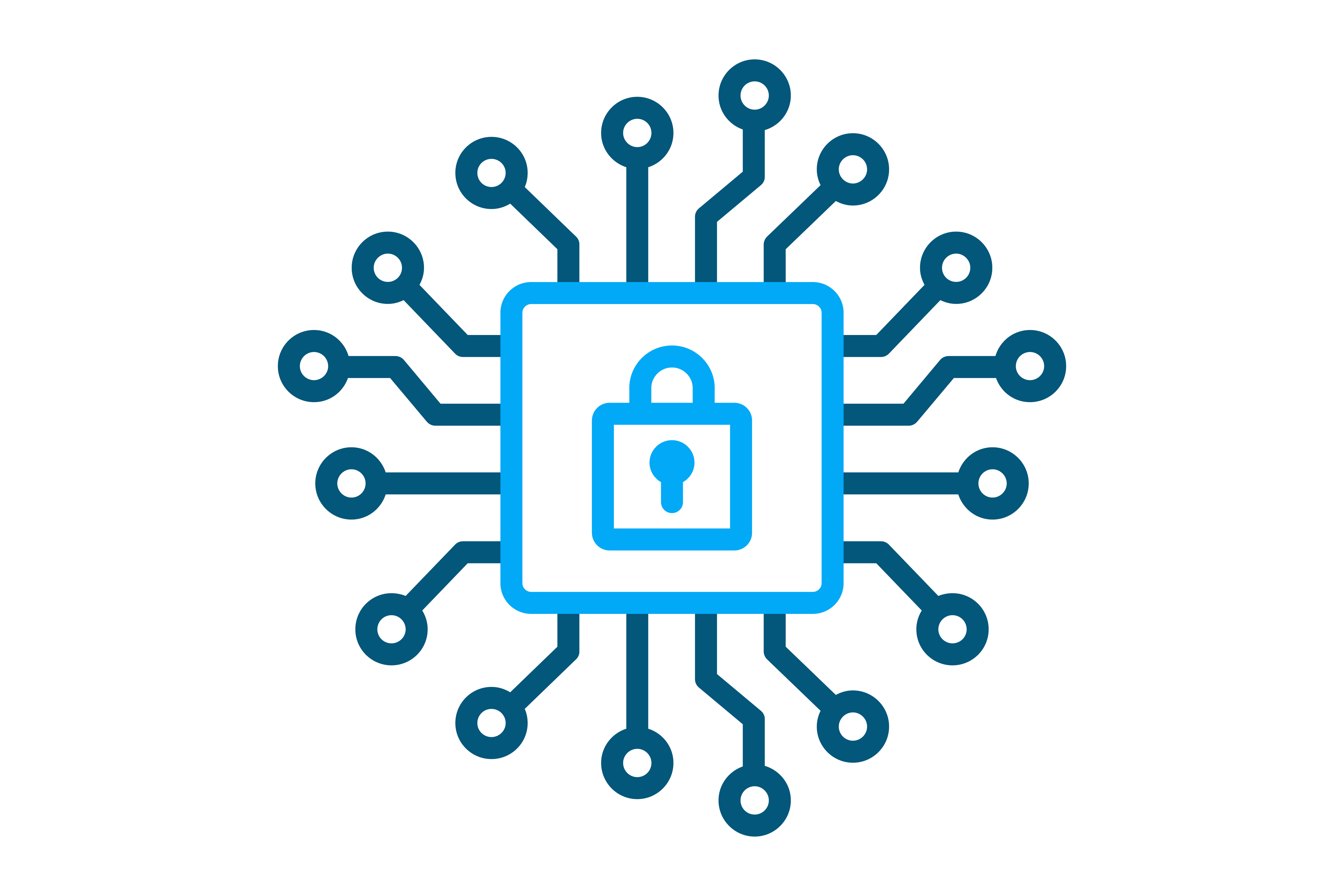Code Access Security (CAS) is a critical security framework in the .NET environment that regulates code execution based on defined permissions. Originally introduced to enhance application security, CAS helps protect systems from unauthorized access, malware, and security threats by enforcing strict code execution policies. While CAS has been deprecated in newer .NET versions, understanding its core principles remains crucial for security professionals and developers working with legacy applications.
Understanding Code Access Security (CAS)
Code Access Security (CAS) is a mechanism in the .NET Framework designed to restrict what code can do based on its source and assigned permissions. CAS prevents untrusted code from performing potentially harmful operations, such as accessing files, modifying the registry, or communicating over the network. By enforcing security policies at runtime, CAS helps mitigate security vulnerabilities and reduces the attack surface of applications.
How Code Access Security (CAS) Works
CAS operates by assigning permissions to code based on evidence such as the code’s origin, publisher, or digital signature. These permissions determine what actions the code can perform within the system, ensuring that only trusted code executes privileged operations. The CAS model consists of the following key components:
- Evidence-Based Security: CAS evaluates code based on evidence (e.g., strong names, URL, digital signatures) to determine its trust level.
- Permissions and Policy Levels: CAS enforces security policies that define the level of trust and permissions granted to code.
- Security Stack Walk: Before executing, CAS verifies whether the calling code has the necessary permissions to perform an action.
Configuring Code Access Security (CAS)
For CAS to function effectively, it must be properly configured. The steps involved in enabling CAS include:
- Signing the .NET Assembly: The publisher must sign the .NET assembly using a strong name key file (SNK file) or a strong name.
- Adding to the Global Assembly Cache (GAC): The signed assembly must be stored in the Global Assembly Cache to be recognized as trusted code.
- Defining Security Policies: Administrators can establish security policies that determine the level of trust assigned to different code sources.
Benefits of Code Access Security (CAS)
- Prevents Unauthorized Code Execution: Ensures that only trusted code can perform privileged operations.
- Reduces Attack Surface: Limits what untrusted code can access, minimizing security risks.
- Enhances Application Security: Provides an additional layer of protection against malicious attacks.
Conclusion
Code Access Security (CAS) played a significant role in securing .NET applications by restricting code execution based on defined policies. Although CAS is no longer actively used in modern .NET versions, its principles continue to influence modern security frameworks. Understanding CAS is essential for security professionals and developers managing legacy applications to maintain robust security standards.
How Can Netizen Help?
Netizen ensures that security gets built-in and not bolted-on. Providing advanced solutions to protect critical IT infrastructure such as the popular “CISO-as-a-Service” wherein companies can leverage the expertise of executive-level cybersecurity professionals without having to bear the cost of employing them full time.
We also offer compliance support, vulnerability assessments, penetration testing, and more security-related services for businesses of any size and type.
Additionally, Netizen offers an automated and affordable assessment tool that continuously scans systems, websites, applications, and networks to uncover issues. Vulnerability data is then securely analyzed and presented through an easy-to-interpret dashboard to yield actionable risk and compliance information for audiences ranging from IT professionals to executive managers.
Netizen is an ISO 27001:2013 (Information Security Management), ISO 9001:2015, and CMMI V 2.0 Level 3 certified company. We are a proud Service-Disabled Veteran-Owned Small Business that is recognized by the U.S. Department of Labor for hiring and retention of military veterans.
Questions or concerns? Feel free to reach out to us any time –
https://www.netizen.net/contact



